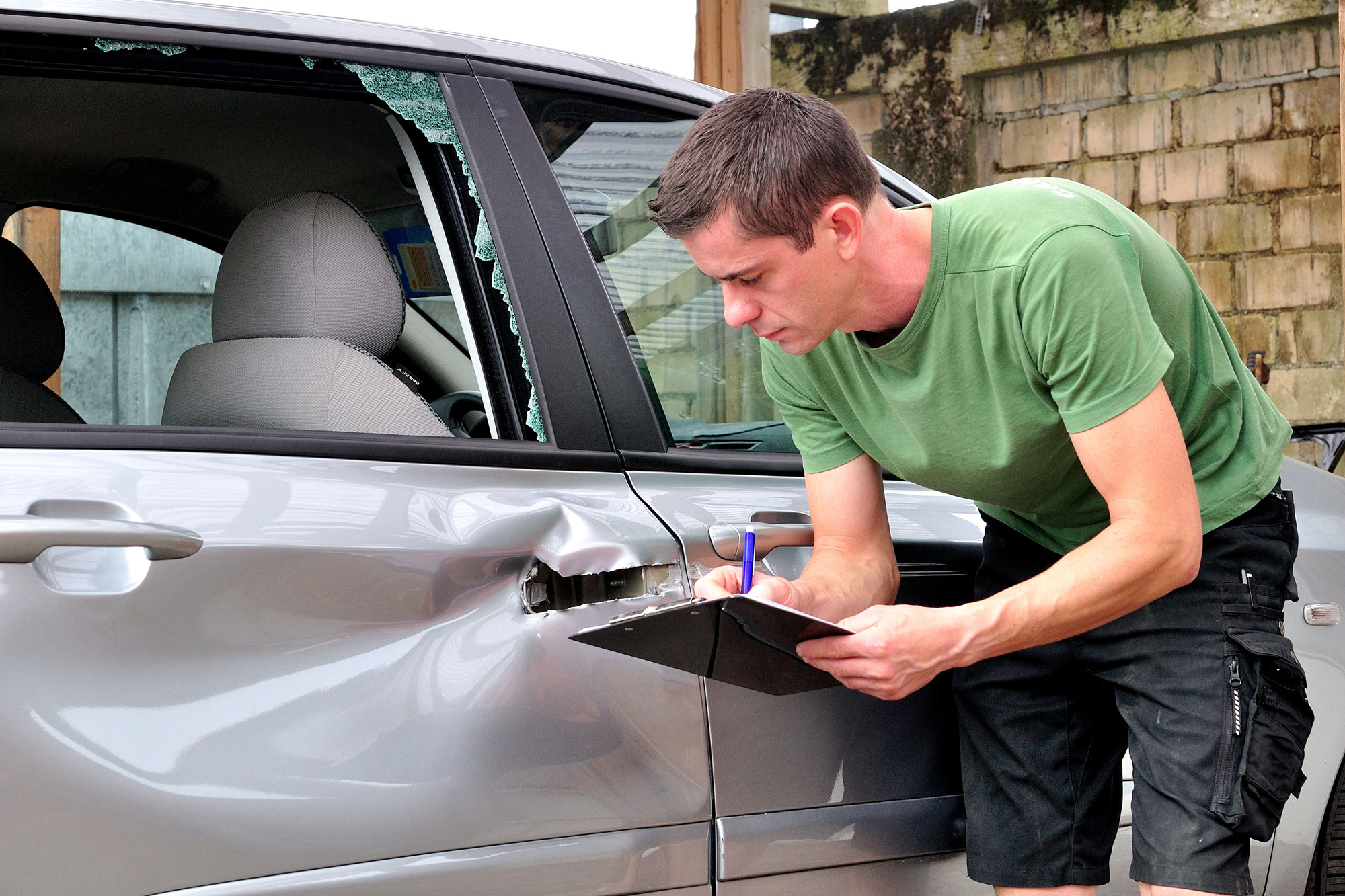Will My Car Insurance Go Up After a Rental-Car Accident?
If you get into an accident in a rental car without additional coverage, you could risk paying for the repairs and raising your insurance premium.
 Shutterstock
Shutterstock
If you've been involved in an accident while driving a rental car, you might be wondering whether your insurance rate will go up.
Before a rental-car company hands over the keys to one of its vehicles, a company agent typically asks if you want to add additional insurance. The long-term financial consequences of damaging a rental car could hinge on whether or not you opted into this extra auto coverage.
In the event that you cause an accident in your rental car, you could see a rise in your insurance rates, even if you have additional coverage through your rental company. By purchasing secondary coverage, you may have a better chance at avoiding a claim and protecting your premium.
Does an Accident in a Rental Car Affect My Insurance?
If you get into an at-fault accident in a rental car and use your pre-existing insurance to file a claim, there is a good chance that your rate will go up when it comes time to renew your policy.
If you chose to purchase additional coverage through your rental company, however, an accident's impact on your future rate will likely depend more on whether the extra protection is considered primary or secondary coverage.
If you have secondary coverage through your rental-car company, you will need to file a claim with your pre-existing insurance as well, which means you could see your rate go up. Secondary coverage is often only used to cover fees that your personal insurance may not.
If your rental-car company offered additional primary insurance coverage, such as liability insurance or loss damage waivers, you may be able to avoid filing a claim with your pre-existing insurance. The type of coverage offered by your rental-car company will vary, so be sure to check your policy information before filing a claim.
Ultimately, the impact of a rental-car accident on your insurance will depend on factors such as whether you purchased additional primary rental-car insurance, who was at fault, the extent of the damage, your insurance provider, your coverage plan, and the state in which the accident occurred.
The way these factors affect your insurance premium will likely depend on your insurance company's policies, even if you have secondary coverage. While it's likely that your premium will increase regardless, the circumstances of your rental-car accident may determine how much.
For example, if you're at fault, your premium may increase around 50%, according to insurance information company PolicyGenius. However, if you're not at fault, you may not experience a rate increase at all, particularly in states like Oklahoma and California, which have rules against raising not-at-fault drivers' rates for accident claims.
How Insurance Works on a Rental Car
If you were in a car accident and didn't opt into additional primary coverage, you will need to contact both your insurance provider and the rental-car company to understand what to do next.
You may need to complete an accident report for the rental-car company and, if there's damage to the vehicle, you may also need to file a collision claim with your insurance company. Likewise, if you cause damage to another vehicle, the driver will also likely file a claim with your insurance company.
Keep in mind that your personal insurance coverage works the same way on a rental car as it does on your personal vehicle. That means if your damage is less than your chosen deductible, you will likely be paying for repairs yourself. For example, if your accident produces $1,500 worth of damages and your personal insurance deductible is $2,000, you will have to pay the entirety of those costs.
If you opted in for additional protection through your rental company, arranging for a loss damage waiver or similar, you may be able to avoid paying for all or some damage to the rental vehicle. Using the previous example, if you've purchased supplemental liability coverage from your rental-car company, that insurance could provide coverage for the $1,500 worth of damages instead of leaving you with the total bill.
It could even help you avoid filing an insurance claim, unless damages go above your rental company's offered liability limits. However, this extra coverage would have needed to have been purchased before you drove the rental off the lot.
Do I Need Insurance to Rent a Car?
Although you're not required to have pre-existing car insurance to rent a car, most rental companies will mandate some sort of coverage — whether it be through them or even through your credit card company. If you experience an accident and are without coverage, you may have your license suspended and be held responsible for repairs and personal injury costs.
Written by humans.
Edited by humans.
 Elliot Rieth
Elliot RiethBorn and raised in Michigan — the center of the American automotive industry — Elliot's fate of becoming a writer in the automotive space was seemingly predetermined. In addition to covering cars and personal finance for Capital One, he's worked directly with dealers and OEMs to create digital content meant to educate consumers. He's also passionate about music and has written for outlets like In Review Online. When he isn't writing about the latest financial, automotive, and insurance trends, he can be found enjoying a new book or record alongside his two greyhounds.
Related articles
View more related articles